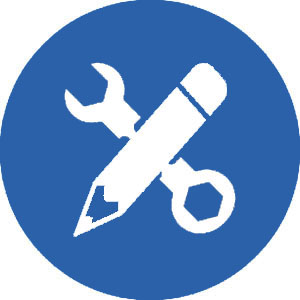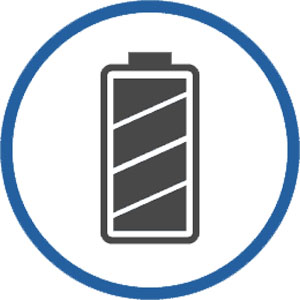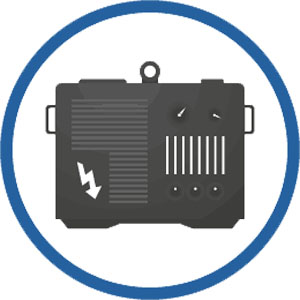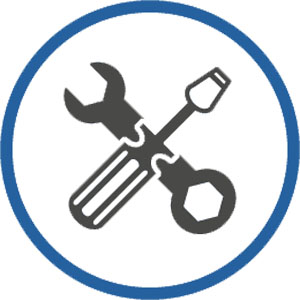Does your Manufacturing Facility need to consider Backup Power?
The manufacturing sector is getting more and more competitive, requiring factories to be working 24/7. This means any downtime can be devastating for hitting targets and meeting demand. Lots of factories fail to have backup power in place, but many more lack sufficient backups for if a power failure happens. This can be down to a wide variety of reasons, from budgetary constraints to lack of understanding of what will be required when the power goes out. For many businesses, the simple fact that it has never happened means the risk doesn't exist. However, power cuts are becoming more and more common. An increasing demand, combined with ageing infrastructure has lead to a power deficit. It is more important than ever to have a backup power solution in place for your manufacturing plant than ever before. It is no good having your data centre running if your production line grinds to a halt. No matter what type of facility you are managing a thorough plan should be in place to deal with power outages of all types - from a matter of seconds to hours or days. If you have yet to plan for a power failure, here are a few tips you may want to consider:
- To begin with, you need a UPS (Uninterruptible Power Supply) or group of UPSs (Uninterruptible Power Supplies) capable of supporting the whole load long enough for it to be safely turned off, rather than the production line abruptly stopping as soon as the power goes out. This will not only protect the equipment from damage but will also ensure the integrity of any product that does have to be completed in a single run of production.
- Once short-term disruptions have been mitigated, you should look to solving longer power cuts. A generator specified to your power requirements should be sourced. This will allow you to run your facility regardless of the of the length of the power cut, avoiding downtime altogether.
- The often forgotten, but no less important step of backup power is maintenance and system monitoring. There is no point in having all these systems in place if they fail when you need them. A maintenance contract ensures your diesel generator and UPS (Uninterruptible Power Supplies) are always in working order and a monitoring system ensure you, and your contract supplier will know if there is an issue. Pair this will a support contract as well and your backup power could be up and working in as little as 4 hours. Even if you don't do any of this, it is worth running the generator occasionally, engines don't last long if left idle for extended periods.
- It doesn't matter if you have a working generator is you have no fuel to run it. What if the power outage is caused by flooding and you can't get fuel to the diesel generator? You should have fuel reserves on site to keep your generator running no matter what the conditions.
- Finally, is it worth having this asset, if it is costing you money? You should consider using it to put electricity back into the national grid, to make you money. You can find out how in the video here.
Unfortunately, there is a high reliance on electricity in every sector and it's not if a power failure will happen, it's when. Extended blackouts can be a major source of financial loss to manufacturing facilities. Since power failures are rarely predictable and not always caused by an internal malfunction, it's essential for facility managers to prepare ahead of time for a means of providing a stable supply of electricity that will allow operations to continue in the event of a total power failure. If you have any questions about what backup power solution is required for your manufacturing facility, you can contact us here.


























